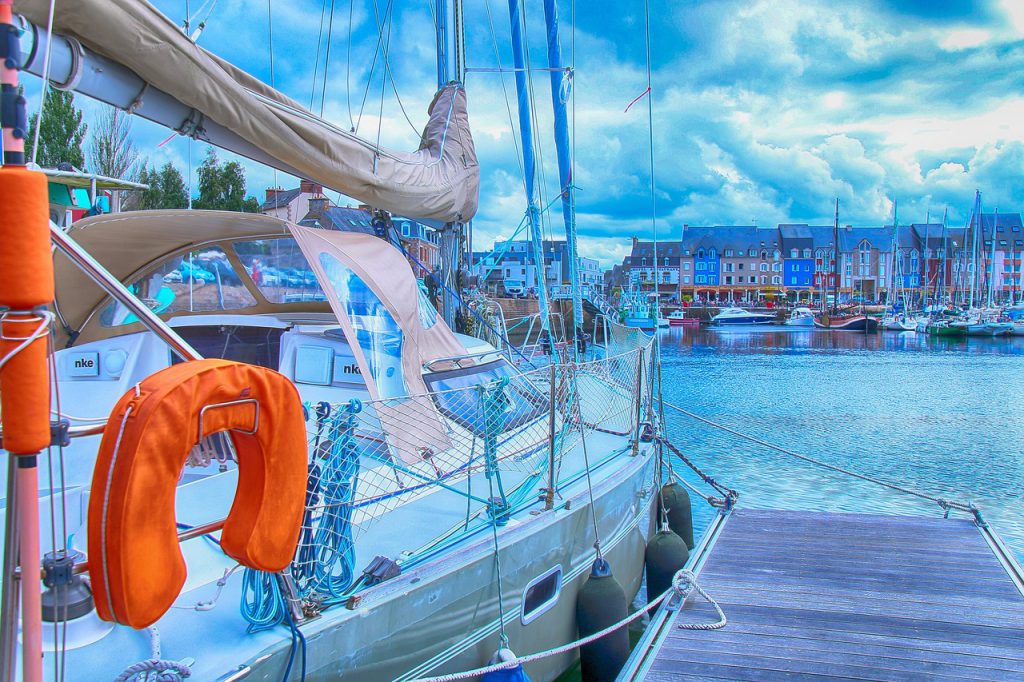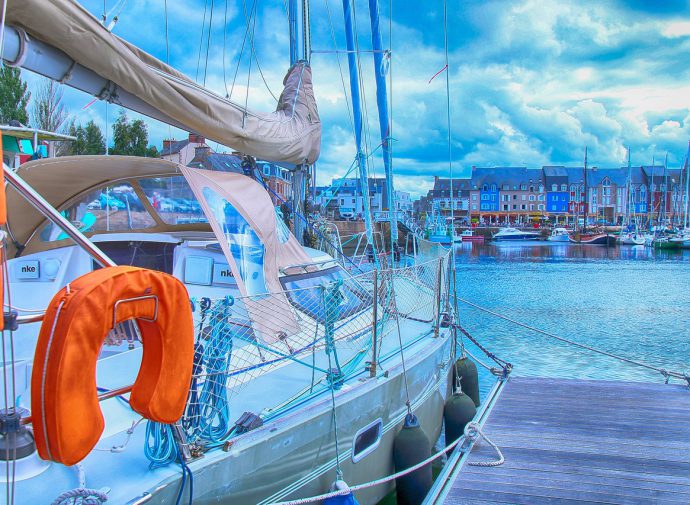Boat safety and relevant legislation: A quick glance since the recent tragedy in Mandurah and the Peel Harvey Estuary

The rules associated with the safe operation of a vessel are very similar to the safe operation of a vehicle on the road. A person in control of a vessel must act with proper care, attention, and consideration for the safety, enjoyment and property of other persons.
In Australia, boat safety is governed by a set of national standards. In Western Australia, the Western Australian Marine Act 1982 (WA) governs the laws surrounding boating, navigation and operation of water vessels.
Who can operate a vessel in Western Australia?
A person in charge of a recreational vessel with a motor greater than 6hp (4.5 kilowatts) is required to hold a Recreational Skippers Ticket (RST).[1] An RST is a nationally recognised certificate of competency that shows the holder has the knowledge and skills to safely operate a vessel.
RST’s are most commonly used by people who operate smaller to medium size vessels for recreational purposes, such as non-commercial fishing, snorkelling, scuba diving or other water sports. These types of vessels heavily populate Western Australia’s beaches including Rottnest and estuaries and harbours, the largest of which is the Peel-Harvey estuary located near Mandurah in Western Australia’s southwest. The Mandurah Estuary and Peel Inlet covers 134 square kilometres and attracts heavy boat traffic year round.
Understandably, the increasingly busy waterways in the Perth, Rottnest and Mandurah region have prompted continued changes to safety plans and restrictions to improve the wellbeing of users.
What laws apply to the operation of a vessel in Western Australia?
Similar to a contravention of traffic laws in Western Australia, a contravention of the rules and regulations of safe navigation of a vessel can give rise to an offence.
While the Western Australian Marine Act provides that it is an offence to navigate a vessel in a reckless manner or to be incapable of operating a vessel because of drugs or alcohol, Western Australia is one of the only states where marine authorities are not empowered to conduct breath testing like that encountered by motorists. Marine authorities must rely instead on visual impairment sobriety tests, such as driving a boat in an unsafe, dangerous or reckless manner. Drivers who are convicted of operating a vessel under the influence of alcohol face a fine of $1,000.
The Mandurah Volunteer Marine Rescue have voiced their support for proposals made by the state government to introduce targeted alcohol and drug testing, amid a surge of cautions and infringements issued since late 2018.
Operating a vessel under the influence of alcohol undoubtedly carries enormous risks, however a spokesperson for the Mandurah Volunteer Marine Rescue acknowledged that only a small portion of rescues could be attributed to excess alcohol. Instead, the majority of rescues are due to lack of attention or lack of preparation.[2]
While the current legislation still only requires skippers to submit to breath testing voluntarily, boating rules in Western Australia have strengthened in other ways to improve boat safety and reduce the number of annual drownings. In 2022, the state government imposed a mandatory life jacket rule, requiring anyone on a vessel smaller than 4.8 metres in length operating more than 400 metres from the shore to wear a life jacket at all times. All boat owners must have a properly functioning EPIRB (emergency position indicating radio beacon). In Western Australia, all boat owners are required to upgrade their EPIRB to a GPS-enabled model before 2027.
Dangerous operation of a vessel can also result in charges under the Criminal Code 1913 (WA). The most serious offences associated with the dangerous operation of a vessel include culpable driving of a vessel, causing death , dangerous driving causing death, grievous bodily harm, or bodily harm, murder or manslaughter.
These types of offences arise in situations where a vessel is being operated by a person, either with or without an RST, and the vessel collides with another vessel, a navigation marker or beacon or some other object and the collision is said to have caused any other person on the boat to be injured or killed, either by impact with an object or drowning.
These events are traumatic to anyone involved, and will likely lead to a serious criminal charge brought against the person in control of the vessel, whether that is the driver, operator or RST holder. It is important to remember that if you believe there was a good reason that the collision occurred, including that it was accidental or otherwise, you should remain silent and contact a lawyer immediately.
What are my rights if I have been charged with an offence?
Like all criminal offences, if you have been charged with an offence relating to the operation or control of a vessel, it is important to know your obligations to police and ongoing legal rights.
If you are under investigation or asked by police to participate in an interview, police have a right to ask you questions. However, you do not have to answer. You have the right to remain silent and may refuse to answer any questions asked by police or investigators. You are only obliged by law to provide your name, date of birth and address to police, as well as proof of identification.
If you have been charged with an offence in connection with the operation or control of a vessel, you should seek legal advice as soon as possible before speaking to police.
If you or a friend need to speak to a lawyer, please do not hesitate to contact the highly experienced team at Timpano Legal, both in Perth and Mandurah. For any after hours enquiries, call our office number on 9221 7777 and leave a message.
[1] Government of Western Australia, Department of Transport, ‘Who has to have a RST?’ https://www.transport.wa.gov.au/imarine/who-has-to-have-a-rst.asp 23 January 2023.
[2] ‘Mandurah Marine Rescue support proposed new laws to breathalyse skippers’. https://www.mandurahmail.com.au/story/5857351/mandurah-marine-rescue-support-proposed-new-laws-to-breathalyse-skippers/ 23 January 2019.


 (08) 9221 7777
(08) 9221 7777 



